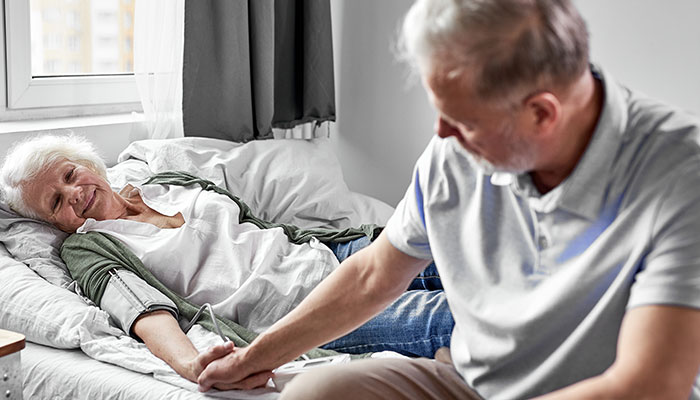
A relative’s serious illness pushes us to communicate deep thoughts and bring closure to the relationship before we lose the chance. Don’t postpone those discussions! They may be awkward, but they can be profoundly important for all involved.
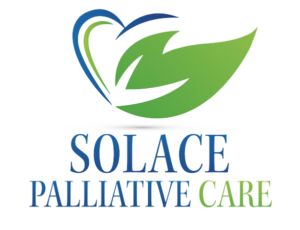

A relative’s serious illness pushes us to communicate deep thoughts and bring closure to the relationship before we lose the chance. Don’t postpone those discussions! They may be awkward, but they can be profoundly important for all involved.
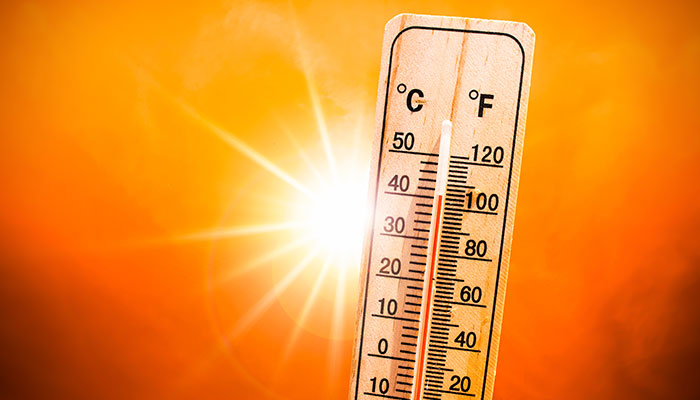
Extreme temperatures are especially hard on older adults. There are things you can do for your loved one to reduce the impact of a heat wave this summer, even if you live far away.

Are you hoping to travel this summer with a loved one who has dementia? New and crowded situations are notorious for creating confusion and outbursts. Take a moment to reflect on your relative’s likely reactions and what you can do to keep them comfortable.
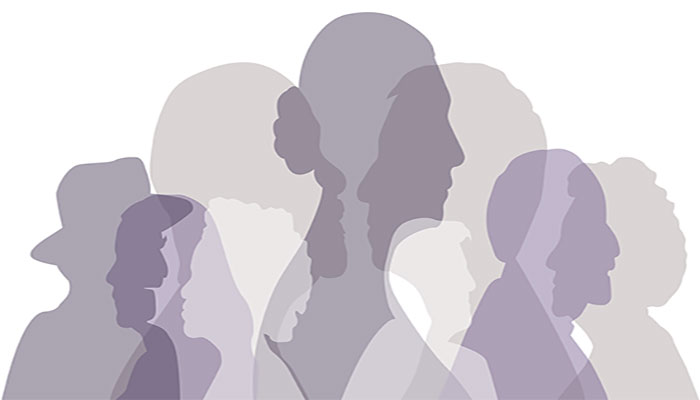
June 15 is World Elder Abuse Awareness Day. There are seven different ways that elders can be exploited. Learn what they are and how to report it if you suspect a problem.

As a family caregiver, you need to take a break now and then. It’s not selfish. It’s essential! But in order to truly rest, you’ll want to be sure your relative is covered.

National Cancer Survivors Day is coming up (June 4), which celebrates the fact that 66% of those ever diagnosed with cancer are still alive five years later. Help your loved one get a jump on any potential cancer by taking advantage of these free screening tests.
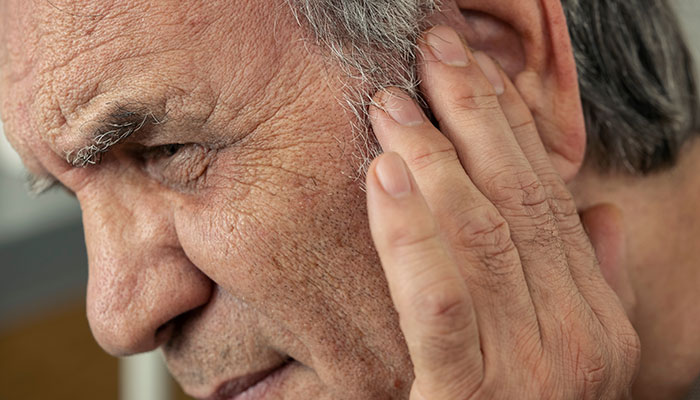
Nearly one in four older adults experiences ringing in the ears, called “tinnitus.” For some, it interferes with concentration and is so severe it leads to insomnia, depression, and anxiety. In honor of Better Hearing and Speech Month, we highlight what you can do to help your loved one address this all-too-common condition.
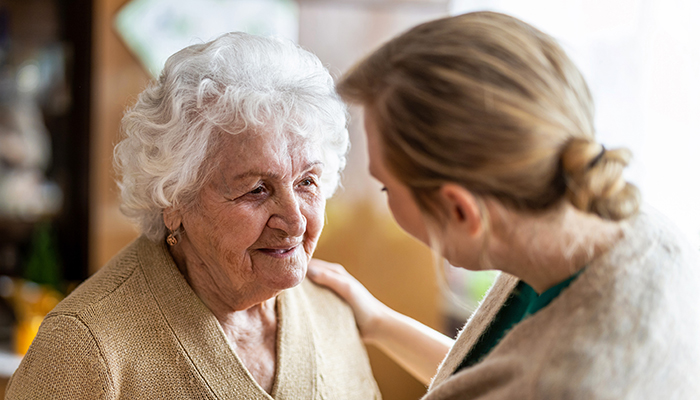
Once you decide memory care is the wisest path, the next step is choosing a facility and creating a smooth moving day. Many memory care communities have a “move-in coordinator” or other family liaison. Rely on this professional for guidance.
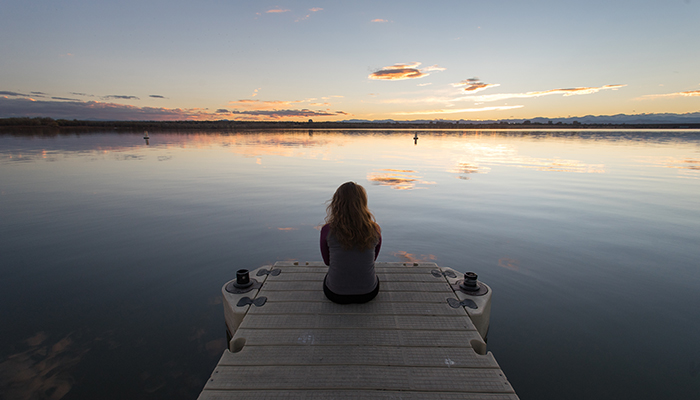
A long-time hospice nurse—someone deeply committed to caring for the seriously ill—created this list of the top five deathbed regrets she frequently observed in her patients. She vowed to take these lessons to heart. Do any of these ring true for you?
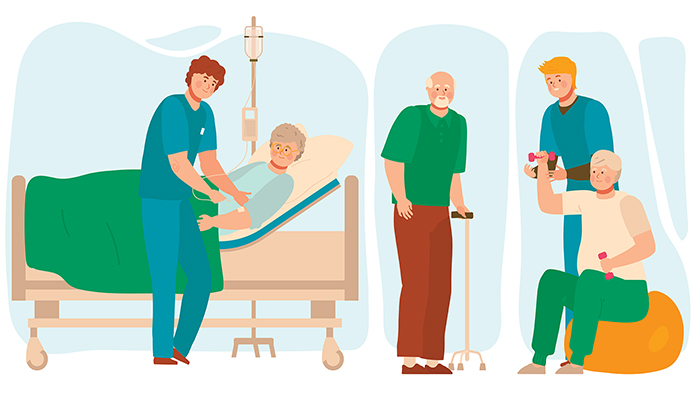
If your loved one is admitted to a skilled nursing facility, Medicare requires the staff develop an initial, personalized care plan within the first 48 hours. This describes who should be doing what. Then, within the first 14 days, the staff must assemble a comprehensive assessment, which must include your loved one’s needs and strengths.
© 2002-2025, Solace Palliative Care. Site created by Elder Pages Online, LLC.